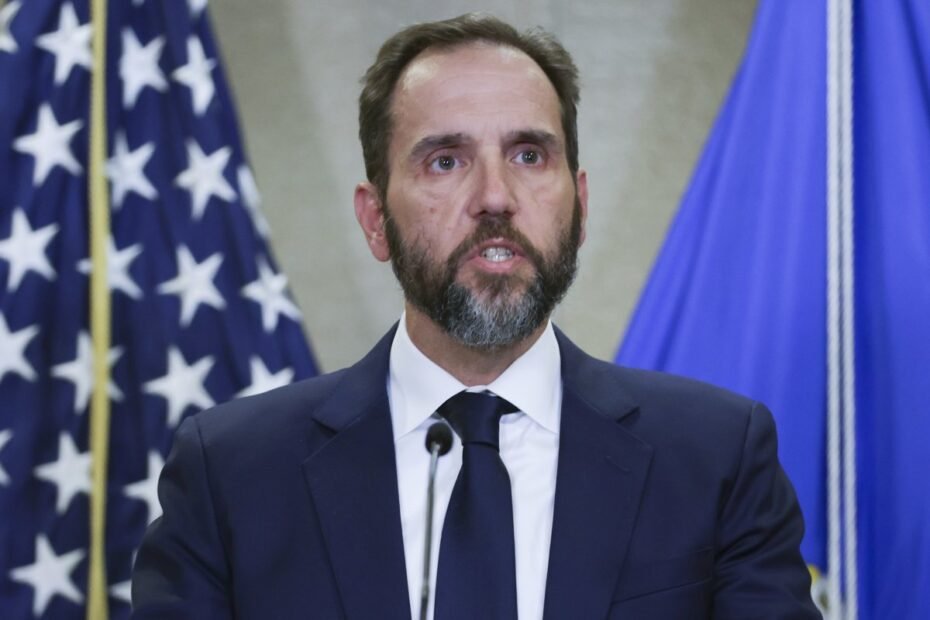In a swift and decisive move, Special Counsel Jack Smith has filed a brief with the Supreme Court challenging Donald Trump’s bid for immunity in his federal election interference case. Smith’s response comes just one day after receiving the court’s order and six days ahead of the deadline, setting the stage for a crucial legal battle over the former president’s claims of immunity from criminal prosecution.*
Defending Democracy: Special Counsel’s Argument
Smith’s brief argues that Trump’s claims of absolute immunity strike at the core of democracy and would cause irreparable harm if upheld. He contends that such a radical assertion undermines constitutional principles and historical precedents, particularly when a former president is accused of subverting democratic processes to remain in office.
Legal Analysis: Jack Smith’s Counterarguments
Legal analysts examining Smith’s brief note his effective rebuttal of Trump’s arguments. Smith challenges Trump’s assertion of presidential special treatment, emphasizing the unparalleled gravity of the alleged crimes and the urgent need for a speedy trial. By refuting Trump’s claims and highlighting the public interest in accountability, Smith aims to expedite proceedings and uphold democratic norms.
Understanding Legal Terms: Certiorari and Supreme Court Proceedings
Smith’s response seeks to expedite proceedings by urging the Supreme Court to treat Trump’s motion as a petition for certiorari. Certiorari, or “cert” in legal terms, refers to the Supreme Court’s discretionary review of a case. While the court has the authority to grant or deny certiorari, Smith emphasizes the urgency of the matter and urges prompt action.
Potential Court Actions: Impact on Trump’s Case
The Supreme Court’s response to Trump’s motion will have significant implications for the trajectory of the case. If the court denies Trump’s request for a stay, the proceedings will continue, potentially leading to a swift resolution of the legal dispute. However, the court’s decision to grant or deny certiorari will ultimately determine whether the case proceeds to a full review by the highest judicial body in the country.
Legal Implications: Presidential Accountability and Rule of Law
At the heart of the legal debate lies the issue of presidential accountability and the rule of law. Smith’s arguments underscore the importance of holding public officials accountable for their actions, especially when those actions threaten democratic institutions and electoral integrity. The outcome of the case will have far-reaching implications for the future of presidential immunity and the integrity of the electoral process.
Public Pressure and Judicial Decision-Making
As public scrutiny intensifies, the Supreme Court faces mounting pressure to address the legal complexities surrounding Trump’s case. While the court retains discretion over its proceedings, the urgency of the matter demands swift and decisive action. The American people await clarity on issues of presidential authority and accountability in a democracy.
Conclusion: A Critical Moment in Legal History
As the legal battle over Trump’s immunity unfolds, the nation stands at a critical juncture in its history. The outcome of the Supreme Court’s deliberations will shape the contours of presidential power and accountability for generations to come. Amidst mounting challenges to democratic norms, the judiciary’s commitment to upholding the rule of law remains paramount.
